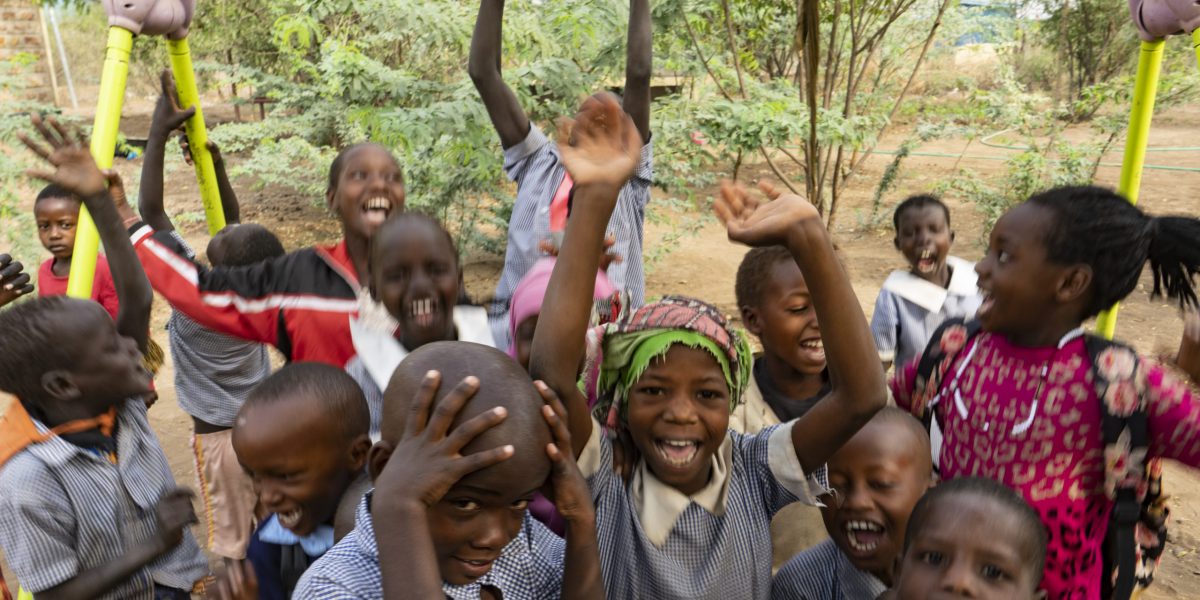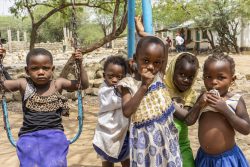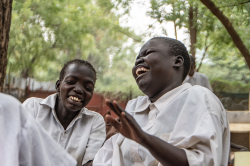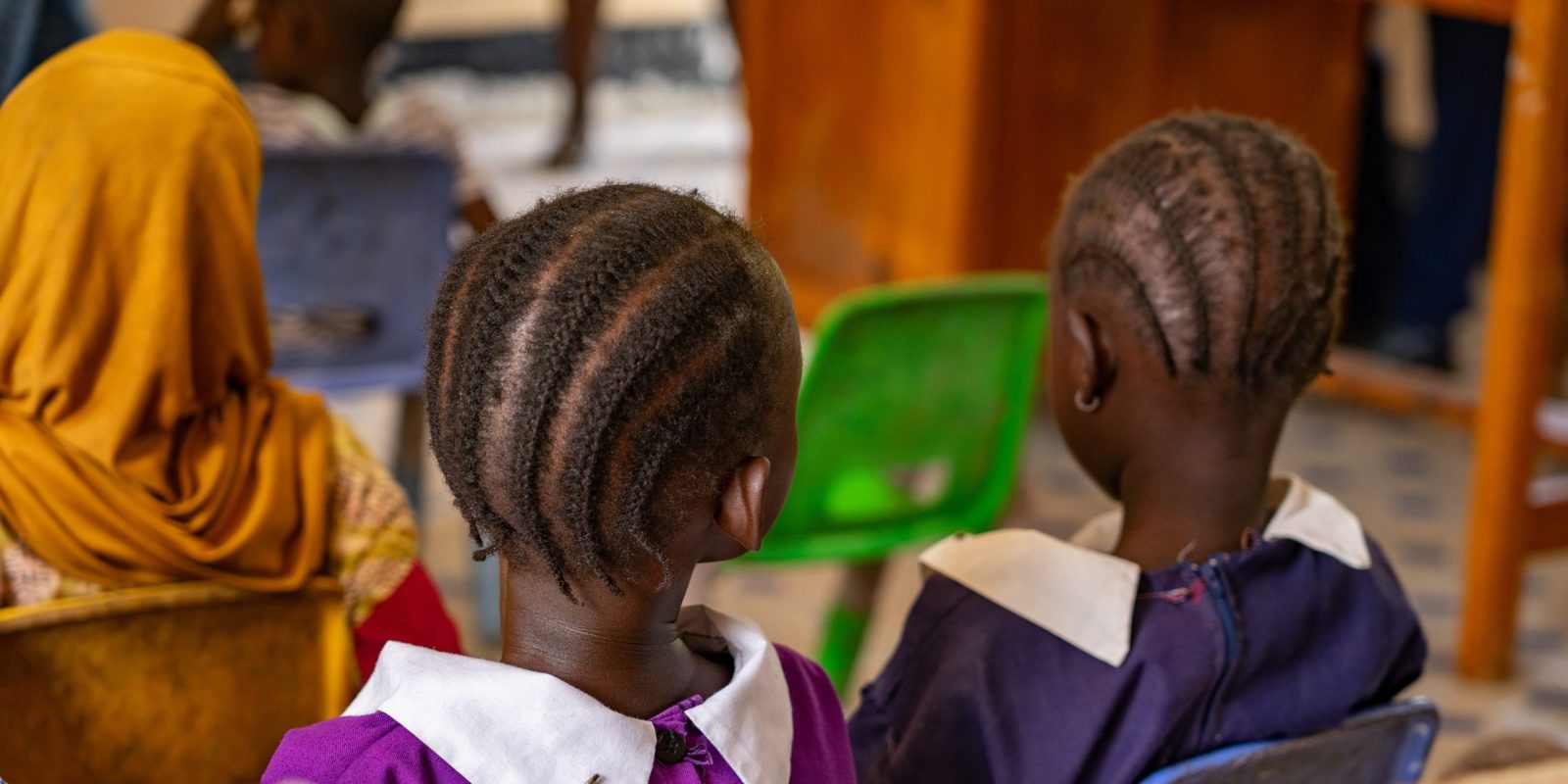Eradicating Gender Based Violence through Inclusive Education
09 December 2022|Truphena Kirior

Persons with disabilities are often perceived as weak, worthless and in some cases subhuman by their communities. Disability-based violence is linked to this social stigma and the power imbalances between persons with and without disabilities. Some communities view disability as a curse, or a punishment from God. Consequently, persons with disabilities may be reviled or pitied, but are overall not considered as persons deserving equal rights. Disability-based violence occurs in very similar forms to gender-based violence, i.e., on a physical, psychological or economic level, directly and indirectly.
What is often masked as “good intentions” are, in fact, acts of serious discrimination and violence
For example intrusive and irreversible treatments without informed consent, such as forced sterilization and abortion. Equally, withholding appropriate treatment based on disability-related prejudice and misconceptions, for example in the context of sexuality and reproductive health, is a form of violence by omission[i].

Women constitute 49.6% of the world’s population.[i] Around a fifth are women with disability. Available data indicates that gender-based violence affects women and girls with disabilities to much greater extents than most other women.[ii]They are ‘particularly vulnerable to discrimination, exploitation and violence, including gender-based violence (GBV), but women and girls with disabilities may have difficulty accessing support and services that could reduce their risk and vulnerability. Despite having the same rights to education as their male counterparts and non-disabled peers, girls with disabilities are the most excluded group of children from all educational settings from primary school to higher education settings due to multiple and intersecting forms of discrimination on the basis of both their gender and their disability.
Read the article about Hawa, and her struggles and strengths
as a woman with Special Needs in Kakuma.
Girls with disabilities especially those with neurodevelopmental disorders such as intellectual disability, autism, Attention deficit and hyperactivity disorders (ADHD), among others are always invisible in the education system in Kakuma refugee camp. Families hide the girls due to embarrassment and are therefore not enrolled in school. They are perceived to be worthless and therefore not worth investing into their education, since they cannot contribute to the family unit or be financially independent. Thus, the families prioritize the education of the boys above that of the girl.
Violence and bullying against girls with disabilities and teasing from their peers based on their disability and gender impacting them negatively causing low self-esteem. Due to isolation and lack of supervision at home make the girls with disabilities prone to sexual abuse and rape.
Most of the mainstream school facilities are often inaccessible, reasonable accommodations have not been made posing a greater barrier for girls with disabilities. Menstrual management also poses an additional barrier for girls with disabilities to exercise their right to education. Menstruation is often a taboo topic, and lack of access to appropriate hygiene products prevent girls with disabilities from attending school when they are menstruating. Schools also lack the resources to provide girls with disabilities with personal assistance with toileting and menstrual management support.

The Jesuit Refugee Service (JRS) recognises that inclusive education as a fundamental right for all learners. JRS is working towards ensuring transforming the education in Kakuma by dismantling barriers to education and ensuring that both formal and informal education environments accommodate the different needs for all individual learners. JRS is running inclusive 5 centres in the Kakuma refugee camp, the centres are used as preparatory centres for children with neurodevelopmental to provide them with the necessary pre-requisite skill to enable them compete with their peers in the main school. The centres act as protection. The core components of inclusive education in ensuring safeguarding include, among other elements: a ‘whole systems’ approach, a ‘whole educational environments’ approach, a ‘whole person’ approach, supported teachers, respect for and value of diversity, and a friendly learning environment.



